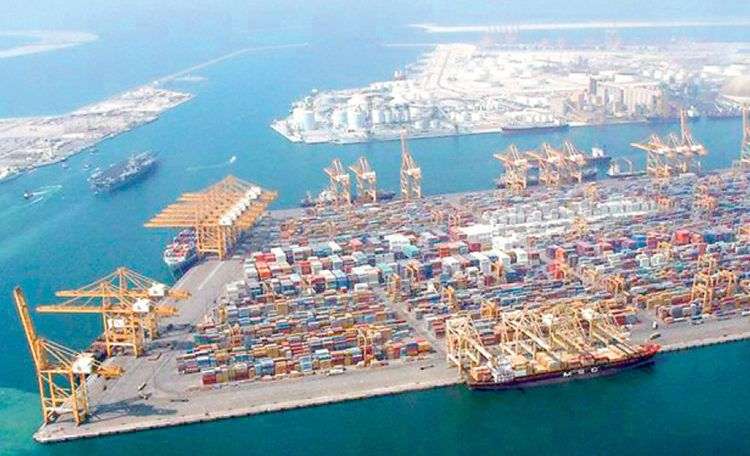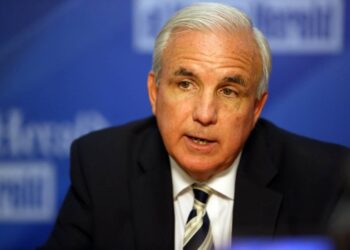The Mexican meat company Richmeat SA de C.V. was authorized to participate in the investment project of the Special Development Zone Mariel, Cuba. It is the first approval of Havana to a foreign company to participate in this economic plan.
By posting the announcement on his official website, Mexico’s Foreign Ministry said the agreement “includes an investment in the food sector” and “is the processing and packaging of meat products”. In addition, states that, during the legal proceedings, representatives of the company received the support of the Embassy of Mexico in Cuba and commercial counseling of Promexico in Haiti. The latter is a Mexican Parastatal entity, subject to the Ministry of Economy, which aims to promote foreign direct investment and exports of goods and services.
The proposal by Richmeat is one of the fifteen announced last November during the International Fair of Havana, FIHAV 2015. The rest belong to sectors as “fertilizer, machinery, services to the shipping industry, paints and industrial coatings, packaging and packaging , food and beverages, “says the Mexican Ministry of Foreign Affairs in its online site.
For the Mexican government, having advanced in the commercial initiative of Mariel is no coincidence. “It’s part of the relaunching of relations between Mexico and Cuba, one of the main objectives has been to increase the presence of Mexican firms on the island,” says the Foreign Ministry.
On the diplomatic past
After 15 years of tension, bilateral relations resumed the positive direction in November 2013, on the initiative of Mexican President Enrique Peña Nieto. Then the president transmitted to the Cuban authorities the willingness of investors to the country to be part of the “process of economic updating of the island”.
The words materialize immediately when they signed eight agreements and extension of a credit line for trade and investment. The highlight of the approach was the cancellation of 70% of Cuba’s debt, amounting to 487 million dollars and the possibility that the remaining 30% could be returned by Havana within ten years.
Havana corresponded to Peña Nieto at the Second Summit of the Community of Latin American and Caribbean States (CELAC), in January 2014. During his stay on the island, he was invited by the hosts to visit the Cuban leader Fidel Castro.
After that meeting, several media said the head of the Mexican state as the political that left behind the famous “eat and go” which cooled bilateral ties in 2002. In that year, under pressure from Washington, Mexican President Vicente Fox asked Castro not to meet with then US President George W. Bush at the Monterrey Summit.










